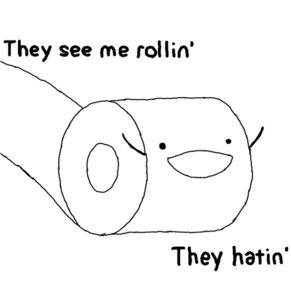12661481
Calculating Reaction Rates
Resource summary
| Question | Answer |
| What is reaction rate? | The change in the amount of reactants or products per unit time (usually per second) |
| What is the equation for reaction rate? | Reaction rate = (amount of reactant used or product formed) / time |
| Name 5 methods of measuring progress of a reaction | Change in mass (gas) Gas volume (... gas) Changes in pressure (gases) Changes in colour (solutions) Changes in conductivity |
| What are the advantages and disadvantages of measuring change in mass? | PROS Very accurate Easy to use CONS Could be dangerous if the gas is toxic or flammable (so it's best to carry out the experiment in a fume cupboard) |
| What are the advantages and disadvantages of measuring gas volume? | PROS Accurate Can be used for toxic/flammable gases (no gas escapes) CONS Vigorous reactions can blow the plunger out of the syringe |
| How can reaction rate be calculated using a graph? | The reaction rate is the gradient of the graph at a particular point. If the graph's a curve, draw a tangent to the curve and find the gradient of that Gradient = Δy / Δx |
Want to create your own Flashcards for free with GoConqr? Learn more.
Similar
Chemistry GCSE Review - States of Matter, Particles, Atoms, Elements, Compounds and Mixtures
Morgan Overton

